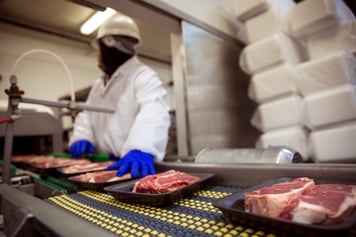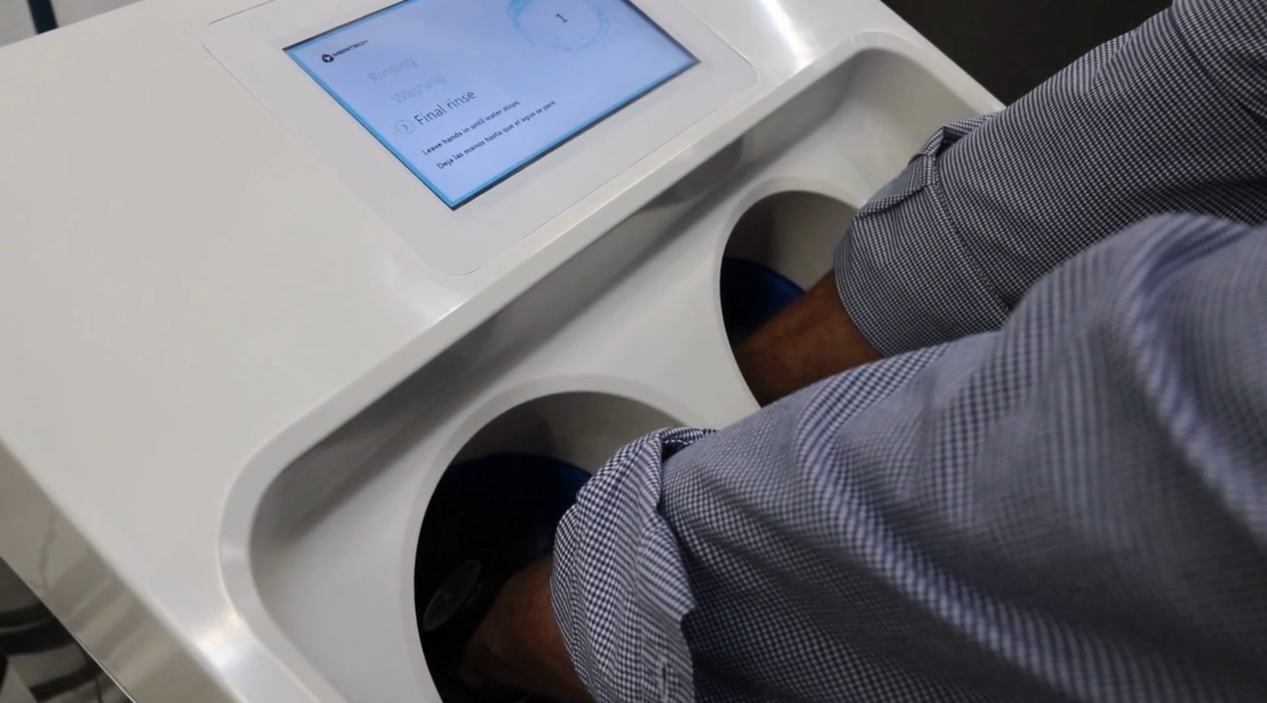Implementing Food Safety Monitoring Practices
In the ever-evolving culinary world, food safety remains a top priority for establishments of all sizes. From cozy family-owned restaurants to sprawling food processing facilities, the need to ensure the safety of the food we consume has never been more crucial. The global nature of the food industry presents unique challenges, making it all the more important to implement robust food safety monitoring practices. Neglecting this crucial aspect can have severe consequences, posing significant health risks to consumers and causing irreparable damage to businesses' reputations. To protect public health and maintain the trust of customers, it is imperative to establish comprehensive food safety monitoring practices.
Understanding the Importance of Food Safety Monitoring Practices
Understanding the significance of food safety monitoring practices is crucial before delving into its intricacies. Every year, millions of people are affected by foodborne illnesses, which can result in hospitalizations and even fatalities. These incidents occur due to various factors such as improper handling, contamination, and the absence of adequate monitoring and control measures. When customers fall ill after consuming contaminated food from a specific establishment, it not only leads to a loss of trust and negative publicity but also carries the potential for legal consequences.
Building a Comprehensive Food Safety Plan
 A strong food safety monitoring system is built upon a meticulously crafted food safety plan. This plan encompasses every facet of food production and distribution, providing a comprehensive roadmap to mitigate, identify, and resolve potential hazards. Here are several vital elements that contribute to an impactful food safety plan:
A strong food safety monitoring system is built upon a meticulously crafted food safety plan. This plan encompasses every facet of food production and distribution, providing a comprehensive roadmap to mitigate, identify, and resolve potential hazards. Here are several vital elements that contribute to an impactful food safety plan:
1. Hazard Analysis Critical Control Points (HACCP): This globally acknowledged system identifies potential dangers at different stages of the food production process. By establishing critical control points and implementing necessary measures, it guarantees that hazards are minimized, ensuring that the food remains safe and suitable for consumption.
2. Standard Operating Procedures (SOPs): Properly documented Standard Operating Procedures (SOPs) offer precise guidelines to staff members on maintaining hygiene practices, handling food, executing cleaning procedures, and ensuring equipment maintenance.
3. Employee Training: Ensuring that staff members receive regular training and education on food safety practices is of utmost importance to guarantee their understanding and adherence to proper protocols.
4. Supplier Verification: Establishing partnerships with reliable suppliers who prioritize and consistently verify their commitment to maintaining high food safety standards is absolutely crucial.
Learn how to create a food safety culture plan
Establishing Efficient Food Safety Monitoring Measures
After establishing a thorough food safety plan, the next crucial step is to put into action efficient monitoring practices to guarantee its seamless implementation. Some essential monitoring practices encompass:
1. Temperature Monitoring: Consistently monitoring and documenting the temperatures of refrigerators, freezers, and cooking equipment is imperative in inhibiting the growth of harmful bacteria and guaranteeing that food remains stored and prepared at safe temperatures.
2. Sanitation Audits: Regularly perform comprehensive inspections to evaluate the sanitary conditions of your establishment, as well as the state of your equipment. Swiftly address any concerns that arise to proactively prevent the risk of cross-contamination and the growth of harmful bacteria.
3. Allergen Control: Establish and enforce strict protocols to eliminate any possibility of cross-contamination with allergens, while also ensuring that all food products are accurately labeled with allergenic ingredients.
4. Traceability: Establish a dependable tracking system to monitor the movement of ingredients and products across the entire supply chain, enabling swift and effective recalls when needed.
Learn more about the importance of food safety monitoring
Utilizing Technology for Food Safety Monitoring
The rapid advancements in technology have revolutionized food safety monitoring practices, offering a wide array of innovative tools and solutions that enable real-time data collection, analysis, and reporting. These cutting-edge technologies have transformed the way we ensure the safety of our food.
 CleanTech® Automated Handwashing Stations are a game-changer when it comes to food safety monitoring. These innovative stations provide a touchless and efficient handwashing solution that ensures proper hygiene practices are followed consistently. By incorporating CleanTech® stations into food establishments, businesses can significantly reduce the risk of cross-contamination and the spread of harmful bacteria.
CleanTech® Automated Handwashing Stations are a game-changer when it comes to food safety monitoring. These innovative stations provide a touchless and efficient handwashing solution that ensures proper hygiene practices are followed consistently. By incorporating CleanTech® stations into food establishments, businesses can significantly reduce the risk of cross-contamination and the spread of harmful bacteria.
The stations are equipped with advanced sensors and technology that monitor and record handwashing activities, providing real-time data on handwashing compliance. This data can be analyzed to identify any gaps or areas of improvement in hand hygiene practices, allowing businesses to take immediate corrective actions. Furthermore, the use of CleanTech® stations promotes a culture of hygiene among employees, reinforcing the importance of proper handwashing and reducing the likelihood of foodborne illnesses. With their user-friendly design and enhanced functionality, CleanTech® Automated Handwashing Stations are an invaluable tool in maintaining a high standard of food safety.
Learn why automation is the future of food safety
Ensuring the effective implementation of food safety monitoring practices is an absolute necessity for any business involved in the production and distribution of food. By placing a high priority on food safety, not only are consumers' health protected, but the reputation and success of the business are also safeguarded. By developing a comprehensive food safety plan, providing training to employees, and harnessing the power of modern technologies, food establishments can proactively stay ahead of potential hazards and build trust with their customers, guaranteeing a safe and enjoyable experience for all. Let us always remember that a commitment to food safety is a commitment to delivering excellence.






